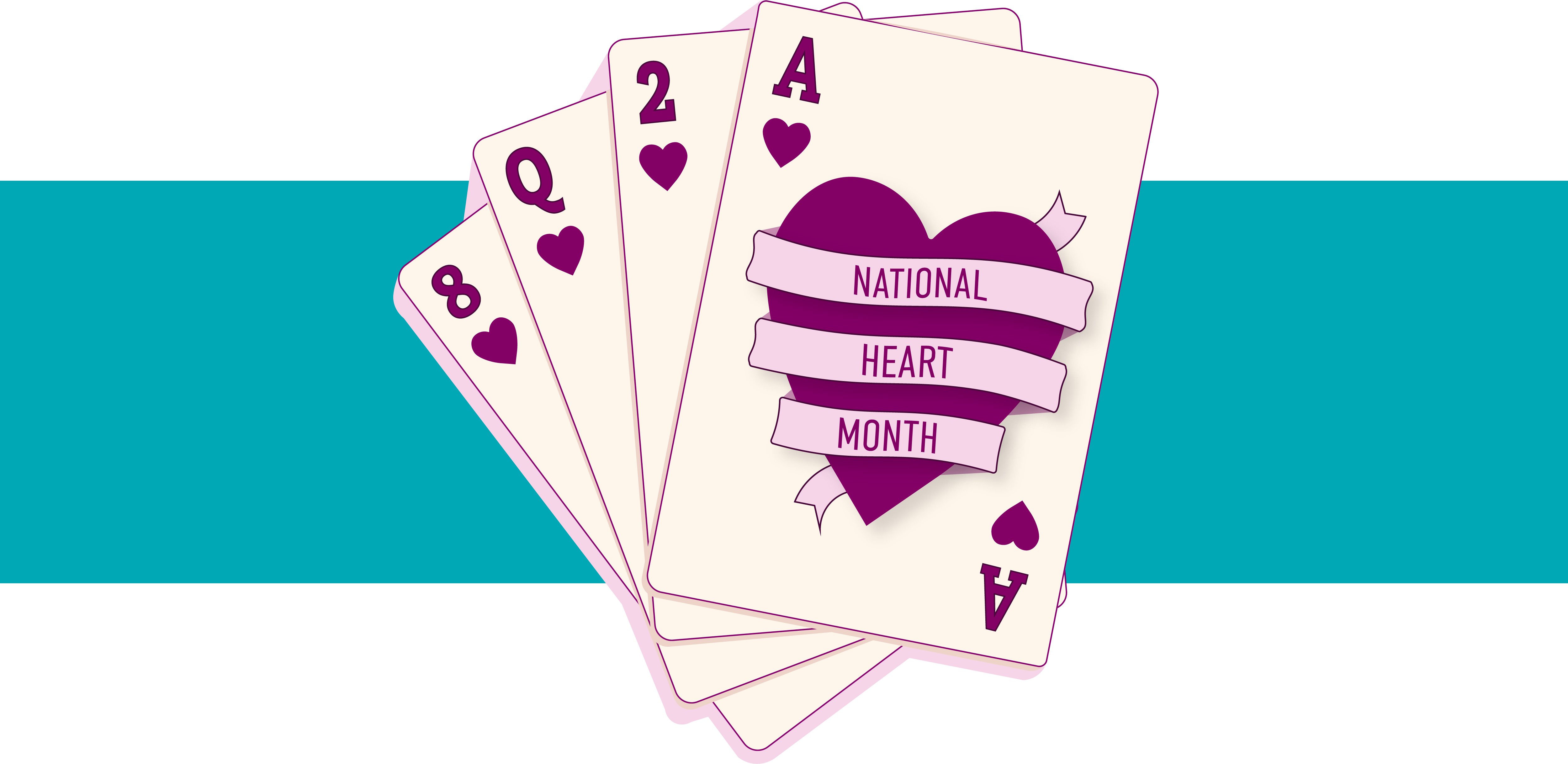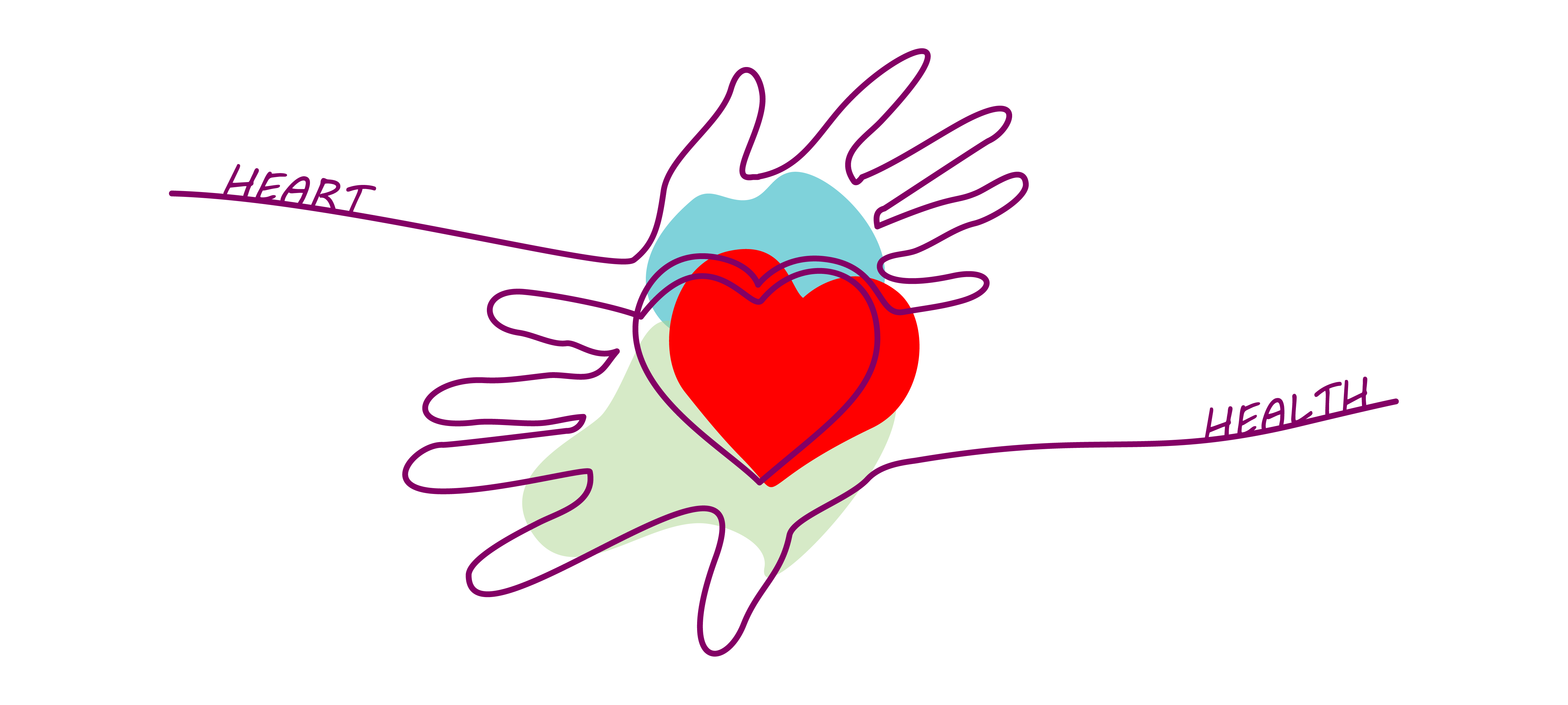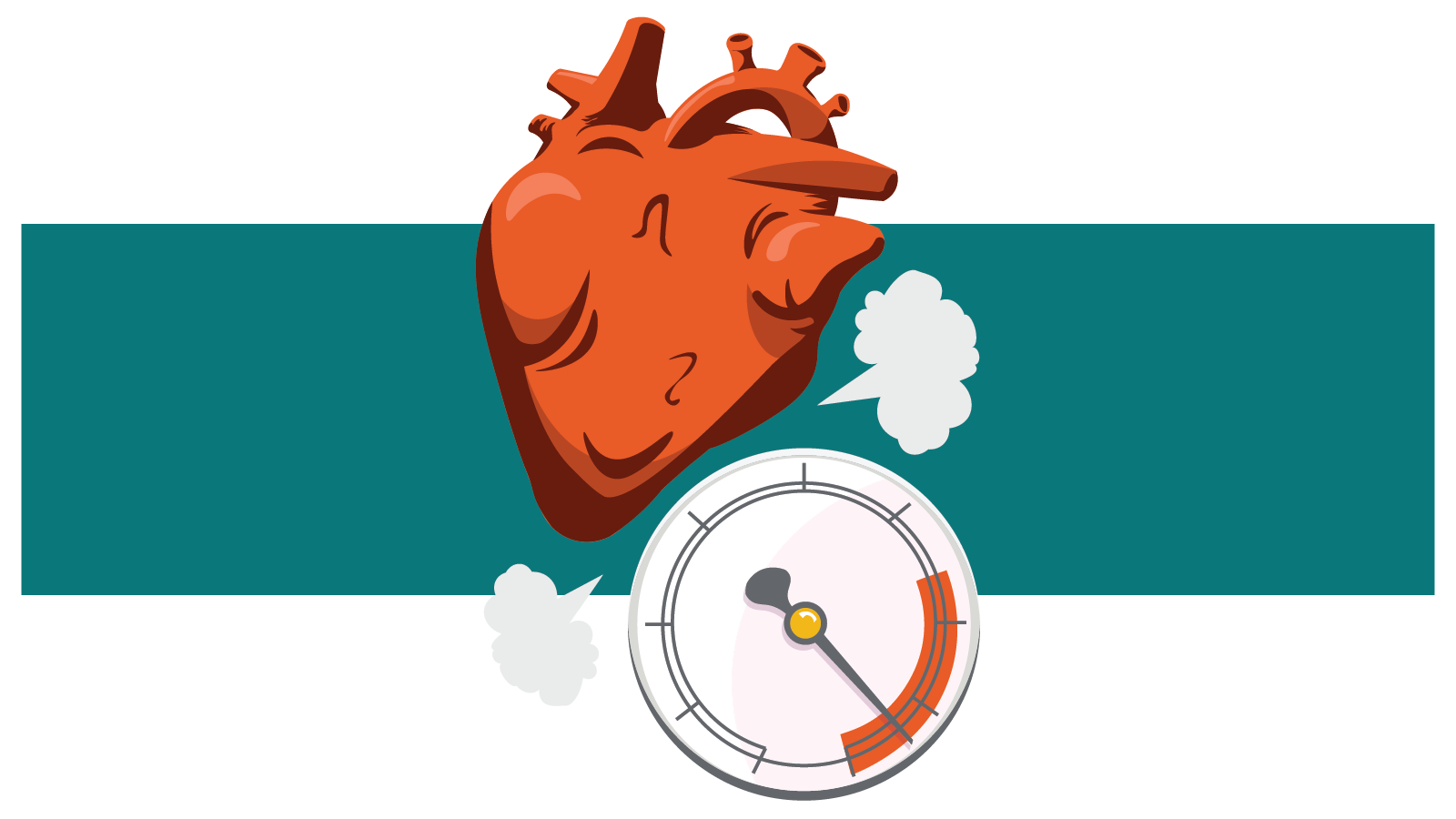American Heart Month: Here's What You Need to Know
Overview of Cardiovascular Disease Cardiovascular disease (CVD)—a broad, umbrella term that includes heart disease and stroke—is the number one cause...
1 min read
Healthcare Highways : Feb 01, 2024

February is more than just about celebrating love. It's National Heart Health Month, a dedicated time to raise awareness about cardiovascular health and encourage everyone, especially women, to prioritize their heart well-being.
Cardiovascular diseases, including heart disease and stroke, remain the leading cause of death globally. Often considered a health concern primarily affecting men, it's crucial to recognize that heart disease is a significant threat to women as well. National Heart Health Month emphasizes the importance of understanding and addressing the unique cardiovascular risks that women may face.
While men and women share some common risk factors for heart disease, such as high blood pressure, high cholesterol, and smoking, women also experience additional risk factors unique to their gender. Hormonal changes, pregnancy-related complications, and conditions like polycystic ovary syndrome (PCOS) can contribute to an increased risk of heart disease in women.
National Heart Health Month encourages women to adopt heart-healthy lifestyles. This includes maintaining a balanced diet rich in fruits, vegetables, whole grains, and lean proteins, and regular physical activity. For women, paying attention to factors like pregnancy-related health and hormonal changes is also essential in managing overall heart health.
Routine check-ups, blood pressure monitoring, and cholesterol screenings are vital components of preventive care. Women are encouraged to be proactive about understanding their heart health, recognizing warning signs, and seeking medical attention when needed.
Heart attack symptoms in women can be different from those commonly associated with men. Women may experience subtler signs, such as fatigue, shortness of breath, nausea, or discomfort in the chest, back, or jaw. National Heart Health Month seeks to raise awareness about these diverse symptoms, ensuring that women recognize the signs and seek prompt medical attention.
Ultimately, National Heart Health Month is a call to action for women to take charge of their cardiovascular well-being. By prioritizing heart health, practicing preventive measures, and being aware of the unique factors that may impact women, we can empower ourselves and future generations to lead heart-healthy lives.
Sources:
Heart-healthy diet: 8 steps to prevent heart disease - Mayo Clinic
A century of progress against cardiovascular disease | American Heart Association

Overview of Cardiovascular Disease Cardiovascular disease (CVD)—a broad, umbrella term that includes heart disease and stroke—is the number one cause...

Hand over heart—when was the last time you checked in with your cardiovascular health? Checked your blood pressure? February is National Heart Health...

A study from the CDC found that, on average, men in the U.S. die 5 years earlier than women and are at higher risk of dying from heart disease,...